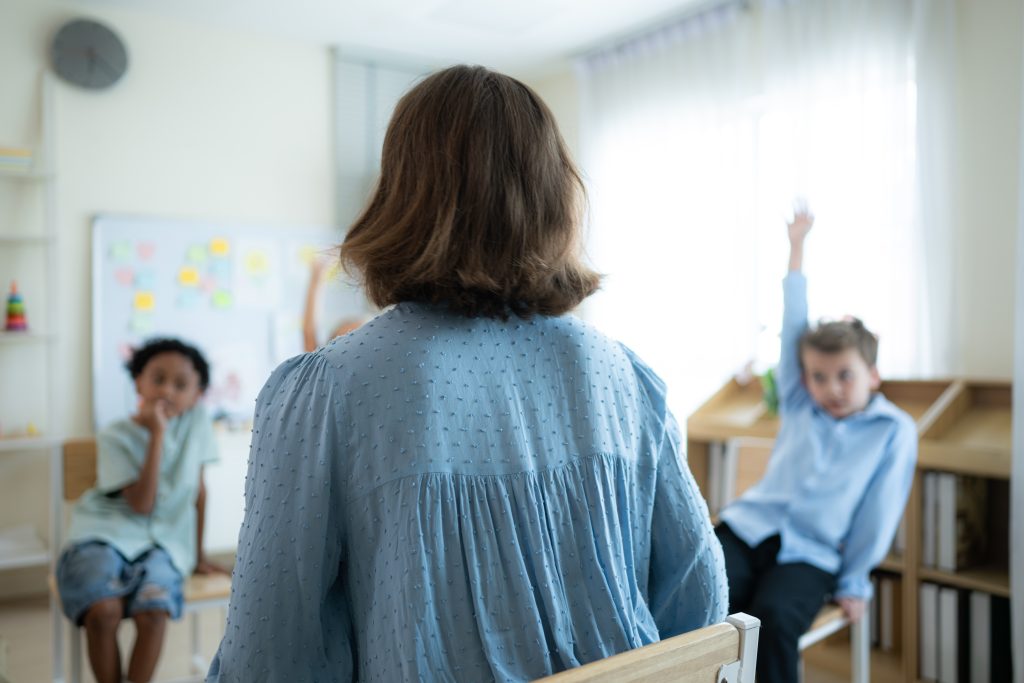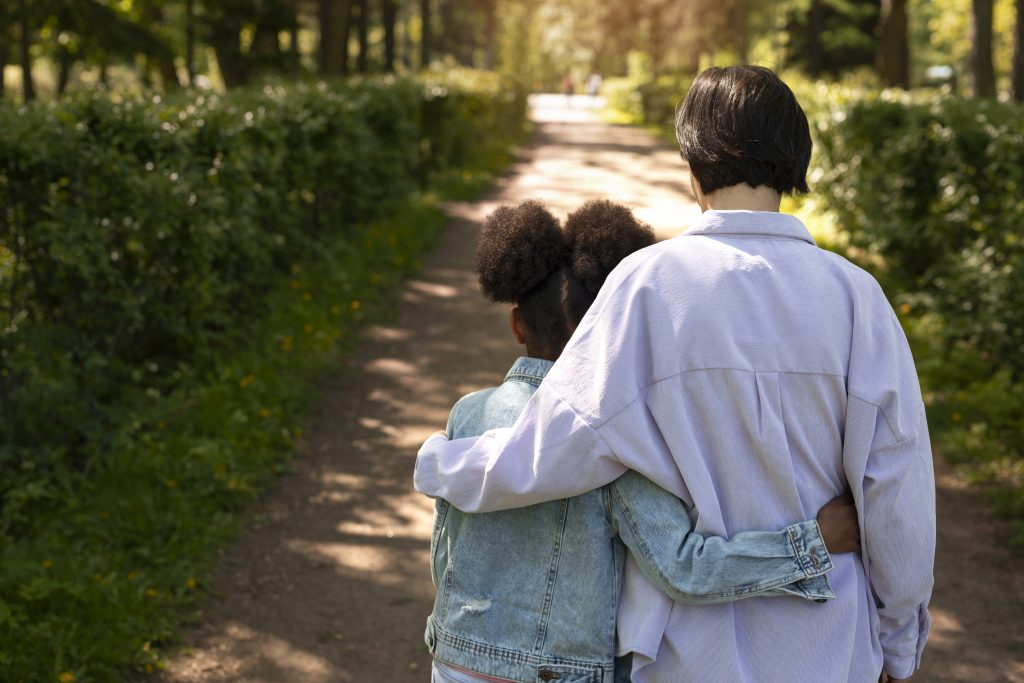
What does national data tell us about the education of unaccompanied refugee children in care?
Education plays a critical role in the lives of refugee young people. I know this from my time as an advocate for young people in care, before I became a researcher. Refugee young people told me that a good education was the key to their future success and many had promised family members they would earn higher degrees while in England. School was a place they could be just like every other young person their age, leaving behind their anxieties about difficult relationships with social services, unresolved immigration status and uncertain futures. After a number of years on the frontline with refugee young people (and some research experience) I thought I had a sense of how they were doing. However I gained new insights about their experiences when I analysed national data recorded by the Department of Education (as part of a larger Nuffield funded project on the educational outcomes of children in care).
What do we know from information collected by the DfE?
Firstly, I was surprised to find that DfE only had information on 193 unaccompanied refugee children in care who were entered for GCSE exams (or equivalent) in 2013 – given that there were 1440 unaccompanied refugee children in care over the age of 16 at the time.
This discrepancy is probably explained by two key facts:
- Many refugee young people are not in a position to take GCSEs, given language barriers, the need to adapt to the education system and psycho-social difficulties they might face.
- Many refugee young people are not assigned a Unique Pupil Identifier so they don’t appear in DfE data. This is because UPNs are usually assigned when children enter school. Because refugee young people often arrive in their late teens and without good English, they are often enrolled in college where they can learn English and take other basic courses.
How does the performance of refugee children compare to other young people?
Secondly, I wasn’t sure how the performance of refugee children might compare to other young people also taking GCSEs. The data showed that unaccompanied refugee young people in care scored more points at GCSEs (232 points on average) than children in care (200) or young people in social need (181), but far fewer than children in the general population (340). The pattern for attendance was similar. Refugee young people weren’t doing too badly then, given their circumstances, but they still had some catching up to do.
What do we know about refugee children with special educational needs?
Thirdly, it was interesting to find that refugee young people who had special educational needs had similar GCSE scores to young people who didn’t have special educational needs. This might mean that refugee young people who have special educational needs are receiving the support they need (this is not the case for British children with special educational needs who lag far behind their peers who don’t). Curiously, refugee children for whom DfE had no data on special educational needs had very low GCSE scores. I was also disappointed to find that virtually no research has been done on the topic, so we know very little about how refugee children are assessed for special educational needs and whether this is done well or not. This is something I am hoping to follow up in a future research project.
Numbers only tell a fraction of the story…
Finally, while it was very interesting to look at the official data held on these children, as a practitioner I couldn’t help but feel these numbers only tell us a fraction of the story. The data I analysed told me how a group of refugee young people were performing at GCSE, as well as some of the factors that predict how well they perform. But there are many more refugee young people whose educational performance we (and DfE) don’t know about and so many other factors we need to investigate to help us understand what strategies we can put in place to support their success.
This blog is based on the findings from the following study:
O’Higgins, A. (2019). Analysis of care and education pathways of refugee and asylum?seeking children in care in England: Implications for social work. International Journal of Social Welfare, 28(1), 53-62.
Please email me for a copy of the paper if you are unable to access it. A summary of the key messages (pdf) is available.
This blog is written by Dr Aoife O’Higgins who completed her doctorate at the Rees Centre and is now a Postdoctoral Research Associate at Magdalen College and the Department of Experimental Psychology. aoife.ohiggins@magd.ox.ac.uk
It is part of a series for the month of May on unaccompanied migrant young people in care.







